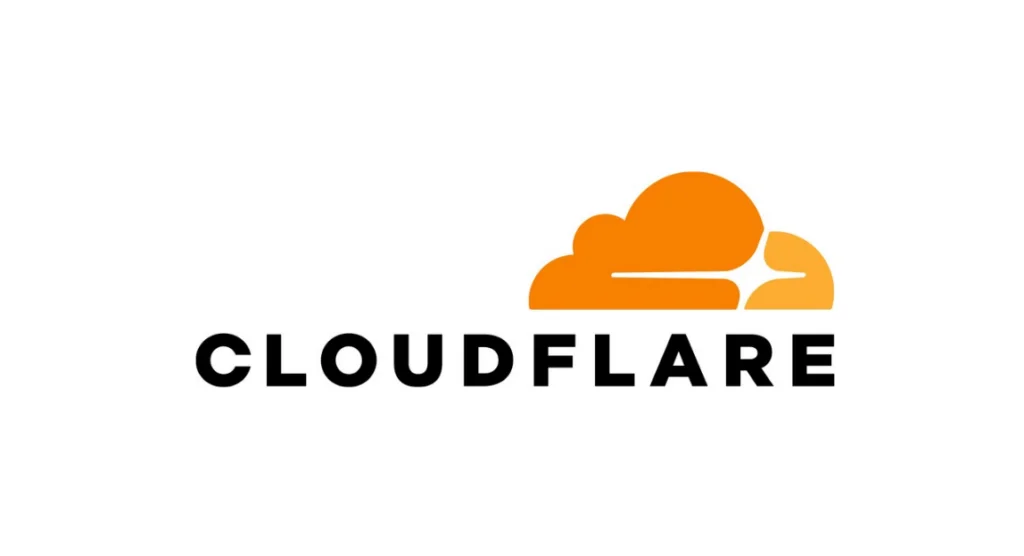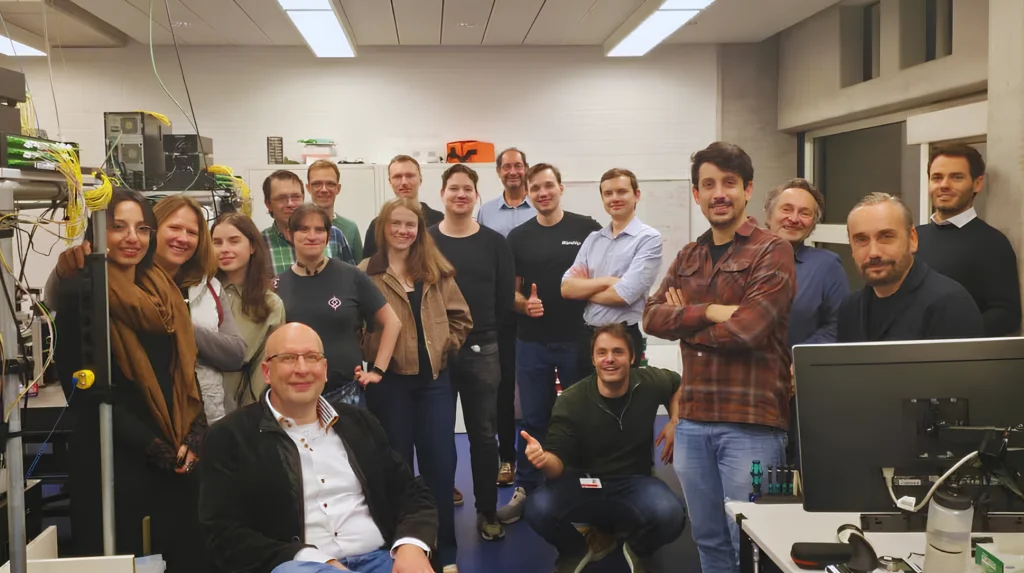
Crawlers, Bots & Spiders
What would we do without search engines? Could we survive? Since Archie— the world’s first search engine — was invented in the early 1990s, more have come into being: Tim Berners-Lee’s VLib, Infoseek, Yahoo!, Lycos, AltaVista, AskJeeves, which eventually brought us to the king of them all, Google (formerly BackRub) in 1998.
Search engines operate by searching through billions upon billions of pages by way of utilizing their own web crawlers, often called bots and sometimes spiders. After crawling through content, the engines then index it, which is the storing and organizing of the content found. Lastly, the engine ranks the indexed content accordingly, from most to least relevant as per the internet surfer’s requirements.
So, for the last thirty years, all this has been done using classical computers. For close to a decade, however, there have been scientists who believe quantum computers could speed up the process and execution of a search engine’s page-ranking algorithm. Back in 2012, Silvano Garnerone, Paolo Zanardi, and Daniel A. Lidar from at the University of Southern California (USC) published a paper Adiabatic Quantum Algorithm for Search Engine Ranking demonstrating its feasibility.
And then deathly silence. Well, maybe not that but the idea’s popularity wasn’t, well, popular. Now, though, quantum computers have become much more accepted. For many, quantum computing (QC) is a viable approach for solving some of the most intractable technological issues known to man, from traffic management, financial forecasting to medicine.

It seems no surprise, then, that a Toronto-based startup, QuantumSense, sees ‘AI-powered semantic search and processing’ using the power of ‘quantum-mechanic structures’ as a feasible approach. As Canada is one of the world’s centres of QC research and business activity, especially the province of Ontario, QuantumSense is in the right place at the right time.
QuantumSense
Founded in 2018 by Marco Fernandez and Lauren Ledwell, the startup’s ‘technology encodes sentences into numeric vectors. These vectors capture the semantic meaning of the sentences. We can then compare the meaning of sentences by comparing their numeric vectors.’ To date, the startup has been testing it on AWS and Google’s cloud service and CEO Fernandez claims it to be ‘top-notch’ in regards to performance.
“We take the drudgery out of your daily work and research by helping you implement the world’s most advanced cloud, RPA and AI solutions.”
— QuantumSense
With two masters degrees from the University of Oxford and the University of Cambridge in mathematics and foundations of computer science and applied linguistics and advanced computer science, respectively, CEO Fernandez is a data scientist and ML/AI specialist in fintech and insurtech. Oh, and he speaks ten languages, too.
Before I fly into a rage with jealously, Fernandez has also spent time as a software engineer and on accelerator programs, so should know the demands, both in terms of technical issues and business-related areas.

CFO Ledwell has an MBA in business administration from the University of Toronto — Rotman School of Management. With extensive experience in digital transformation, innovation strategy & new ventures, product management, operations, and design thinking, she brings her multi scope abilities to QuantumSense which complement Fernandez’s skills.
To do all this takes money, and the startup has some good news here: at the back end of 2018, QuantumSense received two undisclosed amounts in Seed round investment from the Creative Destruction Lab and Holt Accelerator.
If you found this article to be informative, you can explore more current quantum news here, exclusives, interviews, and podcasts.
















